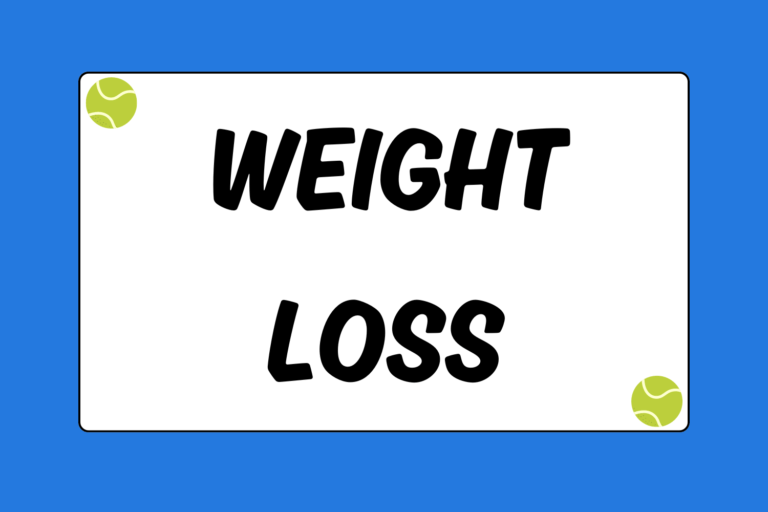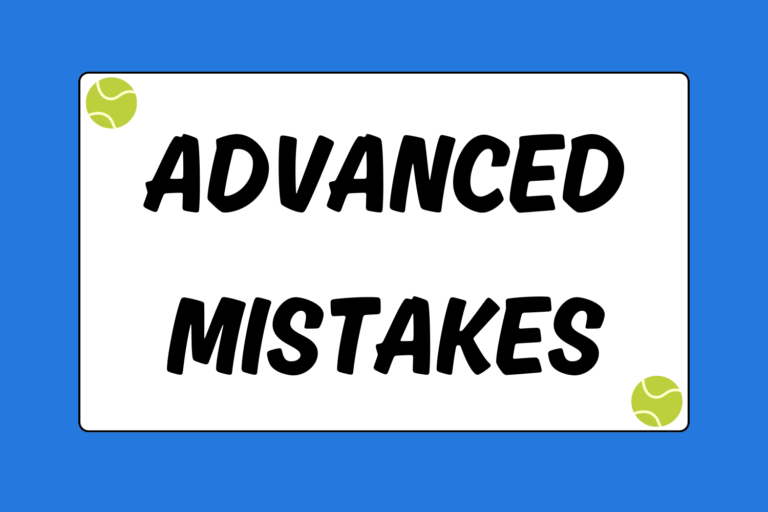Temper tantrums can trigger a tennis player’s collapse in a matter of minutes. Whether it’s a bad call, erratic backhand, or nagging injury, there comes a moment in every match where a player’s emotions become transparent. Curbing this anger can seem hopeless, but it’s a crucial skill to learn if you plan on becoming a competitive player. This tennis guide explores the importance of controlling your emotions, and explains effective anger-quelling methods.
Mental Gymnastics
Despite what you may think, controlling your emotions is a skill. There’s a reason why many professional players radiate stoicism and composure at all times: They work specifically on fine-tuning their mental approach. Follow these tips and you’ll learn how to play with poise and determination, which are key ingredients for victory.
It’s All Fun & Games
At its core, tennis is an enjoyable, physical activity. You can put aside any household pressures as you bask in the sunlight, socialize, exercise, and pass time with a comrade. Even so, a friendly match can morph into a cutthroat duel as the desire to succeed sometimes overpowers the genial aspects of the game.
Tennis is supposed to be fun — you should always leave the court in high spirits, whether you’re competing for a state title or bragging rights with a sibling. Although it’s easier said than done, free yourself of any stress or anxiety, and don’t dwell on the prospective outcome. You’ll likely tighten up and commit more errors if you concentrate on failure, which nips at your confidence level and detracts from your overall play.
Most players pile up the errors as their frustration level increases, so you need to have a short-term memory and enjoy your time on the court. Mistakes are inherent to the game, so put any blunder behind you and focus on what you can control: The next shot.
Anger Breeds More Anger
Similar to a snowball rolling down a steep mountain, engulfing the snow in its path and exponentially growing in size, anger feeds off of itself and leads to more anger. The instant you catch yourself cursing at your racquet, take a moment to cool down. Whether you need a 10-second break before your next serve or a piece of fruit during your changeover, try to regain your composure.
Opponents love playing against a frustrated opponent; irritated players are easy to rattle and force into mistakes. You can’t afford to split your focus between tennis and your emotions, so concentrate solely on the fuzzy yellow ball flying over the net. You need to be able to recognize when your emotions are getting the best of you and nip the problem in the bud. In no way does anger help your game, so stay positive no matter the situation. The more focused, determined, and poised player generally wins the match.
Mental Edge
When you’re overcome with anger, tennis becomes secondary. You need to have a clear mindset when competing, so shift your focus to your performance. Search for ways to improve and stick with what’s working. Make adjustments as necessary. For example, mix in some slice serves if you’re first serve is erratic. Look for holes in your opponent’s game, and don’t let your anger get the best of you.
Upbeat & Optimistic
Any parent or self-help book likely belabors the notion of “staying positive,” but this concept certainly rings true on the tennis court. Much of tennis is played between the ears, so your game will crumble the moment you start doubting your abilities. Refrain from getting down on yourself and avoid self-directed, disparaging comments. While it’s entirely natural to talk to yourself during a match, negative criticism fosters worse results. Here are a few ways to survive destitute times on the court:
- Rather than dwelling on your mistakes, concentrate on what you’re doing right.
- Try to repeat what’s working for you.
- Play to your strengths.
- Analyze the errors that you’re consistently committing and look for a way to make improvements.
Hot Tip: Stretch & Breathe
Stretching your muscles is a great way to relax and fight off any tension. In addition, stretching strengthens your mindset and calms your nerves during stressful situations. If you’re struggling to win points, stretch out during your changeover and take deep breaths. Mentally review some of the points you’ve played, and imagine yourself overcoming situations you’ve struggled with thus far in the match. Remember, never hold your breath while stretching.
Practice
Ultimately, anger stems from sub-par performance. It’s true that players simply have an “off day” on occasion, but the majority of players hit a boiling point when they come across a superior opponent. The more you practice, the better prepared you will be for tough match-ups and high-pressure situations. You can’t expect to grind out arduous matches consistently if you don’t put in enough time with a coach or training partner.
Even top players need to work each and every day to hone their abilities. Dedication and hard work breed success, so don’t cut yourself short by lollygagging before an upcoming match or tournament. The extra effort is undoubtedly demanding, both physically and mentally, but it will pay off down the road.
The Chill Pill
Unfortunately, there’s no easy way to hide your emotions during a match. Playing poorly is frustrating, and there is no antidote that can calm your nerves during trying situations. Like other top-notch tennis stars, you need to learn how to hone your mental approach and control your emotions. Composed players generally have an edge over their opponent — and even the slightest advantage can determine whether or not you win a close match.





